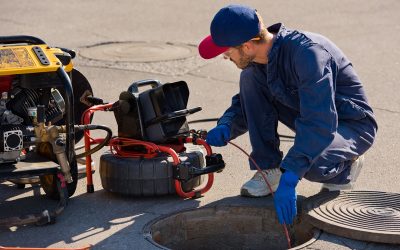Produced water from the mining process of oil and gas companies is a complex mixture or inorganic as well as organic compounds. The water also happens to be the largest by product of the whole process. There is need to ensure that the produced water is cleaned in order to be reused by the often water stressed oil producers. In addition there is need to conserve the environment and the produced water which is often contaminated, cannot be released into the environment as is. Water management solutions have therefore become a key concern for oil and gas producers all over the world.
Produced water remediation techniques and technologies have been improving from day to day as water treatment companies see a major opportunity for business. The water contains oils both dispersed and dissolved, heavy metals, salts, grease, scale products, treating chemicals, microorganisms, radionuclides, dissolved oxygen, formation solids, waxes and dissolved gases. In the world today, approximately 250 million water barrels are produced every day from the mine fields of both gas and oil. At the very least forty percent of that water is then discharged back ingot the environment.
Currently the issue of produced water is being dealt with as follows:
* It may be discharged into the environment. However it must have gone through produced water remediation processes in order to meet both onshore and offshore environmental regulations.
* It is injected back into the ground. It is either injected into its formation or it may go into disposal wells that go far beneath the ground. This water is first treated so that if does not grow unwanted bacteria or foul. Usually there is a trucking cost to this because it must be driven to the wells which are often far out. The concern with this is that those underground wells may pollute fresh water.
* The water may be used for industrial purposes or for irrigation after it has been treated significantly.
* It can also be reused in the petroleum industry for work-over operations or hydraulic fracking.
There has been a move towards using methods of production that do not bring up water. The water fractures can be blocked by down-hole water separators or by a polymer gel. Unfortunately this method does not always work. The current produced water remediation methods have targeted desalination, removal of oil and grease, suspended solids and heavy metals. More research is going into the treatment of this water currently. The driving force behind the research is the conservation of fresh water sources and the prospects of the beneficial use of produced water.
Produced water remediation is critical for the future of the oil and gas industry. Conserve the fresh water sources and find a way to beneficially use the produced water.
To know more visit us website


